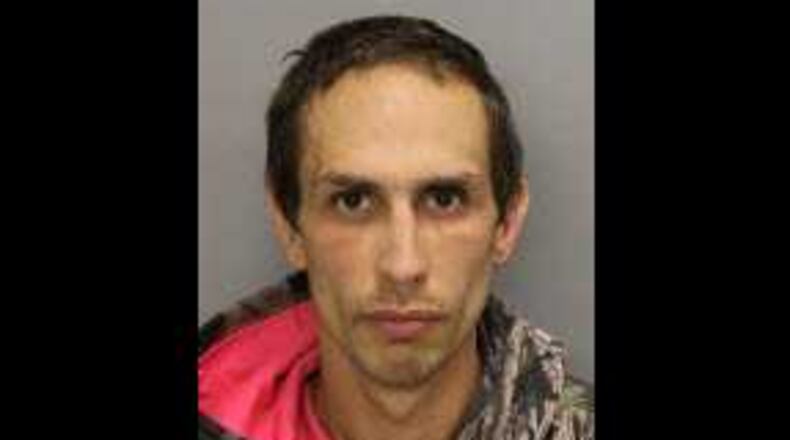Bradley Emory’s family knew he was a threat to himself.
“I’m ready to go see Mom in heaven,” Emory told his father, Don, when he called him from the Cobb County Detention Center earlier this year, according to a medical examiner’s report. Don Emory called the jail several times to advise deputies that his son was suicidal.
Despite his father’s warnings, Emory was found, by another inmate, unresponsive in the shower with a sheet around his neck on March 10, according to the report. The county medical examiner officially ruled Emory’s death a suicide this week. He was 33 years old.
The Cobb County Sheriff's Office, which runs the jail, did not respond to a request for comment or to questions about what steps were taken to prevent Emory's death in light of his family's warnings, or whether chronic understaffing at the jail could have played a role.
The medical examiner’s report says that sheriff’s deputies interviewed Emory but he denied that he was suicidal and signed a “contract” promising not to harm himself.
Emory was arrested in December, 2018 after Cobb police found him in possession of a glass pipe and several pills. The report says he had a medical history of anxiety, depression, drug abuse and brain surgery following an attack during a previous incarceration.
Many in the medical community and law enforcement have warned that jails have become de facto mental hospitals over the past few decades as state-run institutions shut their doors.
Steve Gaynor, the president of the local branch of the Fraternal Order of Police, told the AJC in June that deputies are currently being forced to work overtime at the jail, which he described as dangerously understaffed.
Emory is the second mentally ill person to die in Cobb Sheriff's Office custody in the past year. Another inmate, Reginald Wilson, who suffered from bipolar disorder and schizophrenia, died of dehydration after nine days in the jail.
“It points back to that issue of how difficult it is to address mental health issues in a jail environment,” said John Snook, executive director of the Treatment Advocacy Center in Arlington, Virginia. “These are the really hard issues for law enforcement to address.”
About the Author
The Latest
Featured



